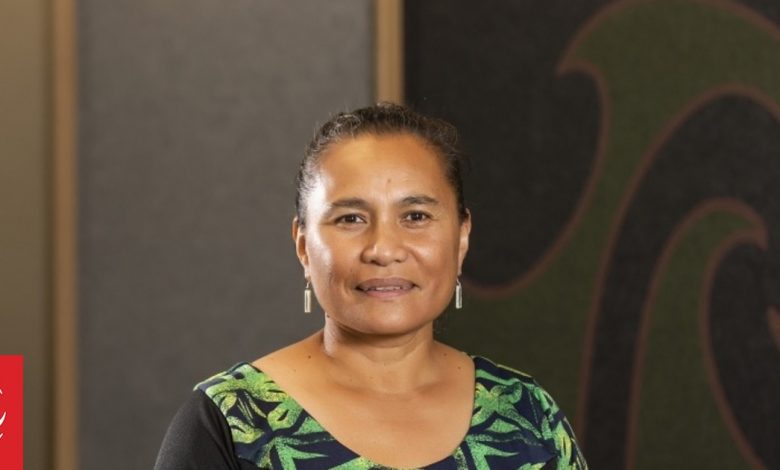Call for government to include ethnicity when tackling pay gap

By Evie Richardson
The Human Rights Commission is calling on the government to include ethnicity when tackling pay gaps.
On Thursday, acting Minister for Women Louise Upston announced plans for a voluntary system for businesses to report gender pay gaps.
Equal Employment Opportunities Commissioner Saunoamaali’i Karanina Sumeo said it was vital to think about more than gender when having such conversations, or people would be left behind.
“It’s not enough to talk about the gender pay gap alone. We must include ethnicity in all pay transparency conversations.”
She says a recent inquiry found that without intervention, the Pacific pay gap would take 110 years to close.
The same inquiry found that that for every $1 a Pākehā man earned, a Pākehā woman earned 89c, an Asian man and a Māori man got 86c, an Asian woman received 83c, a Pacific man and a Māori woman both earned 81c and a Pacific woman got 75c.
“For a Pacific woman the pay gap amounted to $488,310 over a working life.”
For many, those pay gaps had huge impacts on poverty, the ability to feed children and to live a life with dignity, she said.
“For Māori and Pacific people there is a transference of generational inequity. Many vulnerable ethnic and migrant groups receive a significantly lower median wage than non-migrants. And ultimately, we need that conversation to include disabled people.”
Upston announced a voluntary rather than mandated system for businesses to report pay inequity, unlike legislation pitched by the previous Labour government.
Pay equity expert Lyn Brieseman said mandatory reporting had been introduced in other countries and had proven to be a successful way of reducing gender pay gaps nationally, but a voluntary system was a start.
“The idea of a voluntary reporting framework is to normalise pay gap reporting so others will be comfortable following the trend.
“Putting a ‘spotlight’ on an issue is a way of focussing attention on that issue so something is done about it.”
Sumeo said that although the gender pay gap tool was a good step forward, there was more to be done.
“If mandated reporting is off the table for now, we are calling on government and businesses to be courageous and continue that important conversation.”
Upston said the government hoped to address ethnic pay gaps in the future.
“While this tool is being developed to assess gender pay gaps, we hope that as we learn more over time ethnic pay gaps can be measured in a similar way. Due to data collection issues, measuring ethnic pay gaps has proven difficult in overseas jurisdictions.”
She said Cabinet had not made any decisions about progressing with the previous government’s work on a mandatory pay gap reporting system.
“The coalition government is committed to addressing inequity in the workplace, but we also do not want to overburden businesses with unnecessary costs and regulations.”
According to the news on Radio New Zealand




